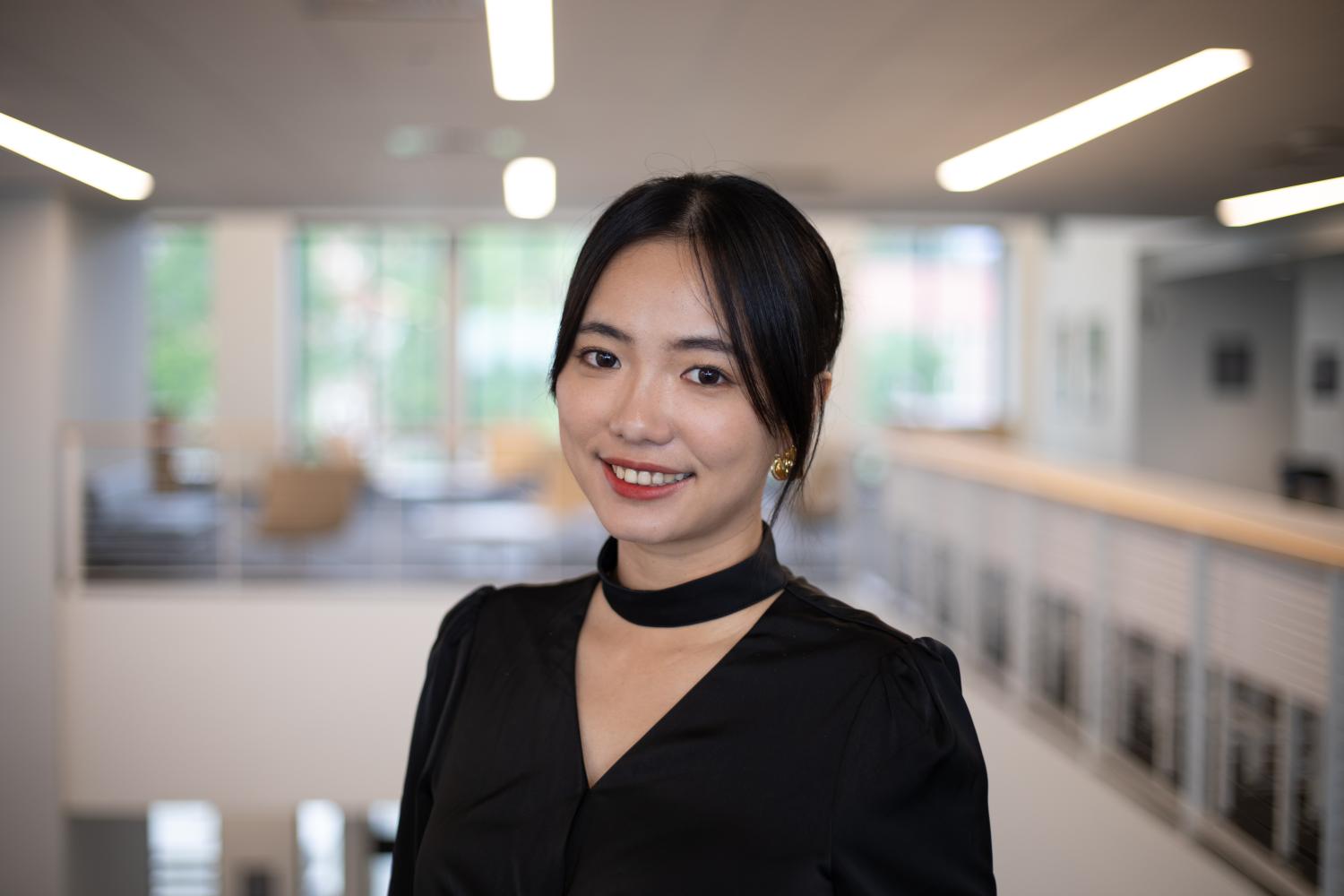Faces of Leeds
Leeds is a special place because of our community of visionaries who see the world as it can be. They come from all kinds of backgrounds, places and experiences—they’re risk-takers, trailblazers and original thinkers.
Faces of Leeds and Snapshots celebrate the dynamic individuals who contribute to and embody the mission, vision and values of Leeds. And they’re doing what it takes to make a difference in the world. Know someone with an incredible story? Tell us!









